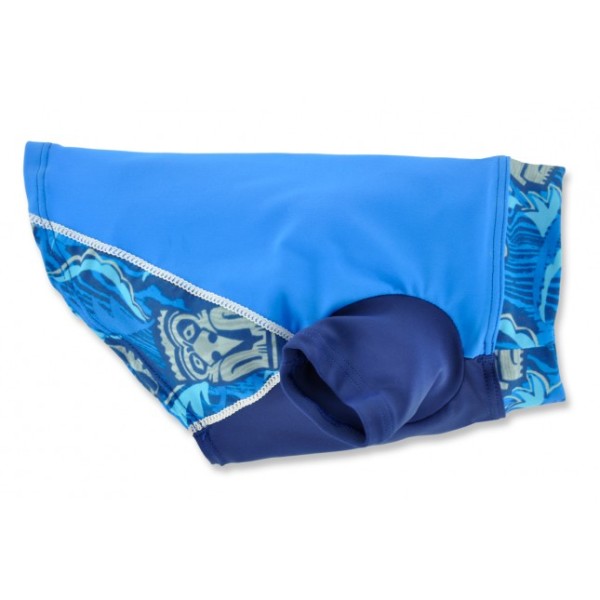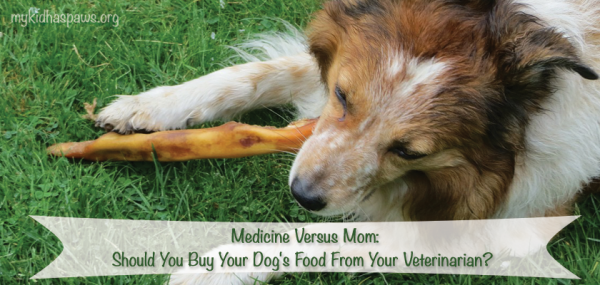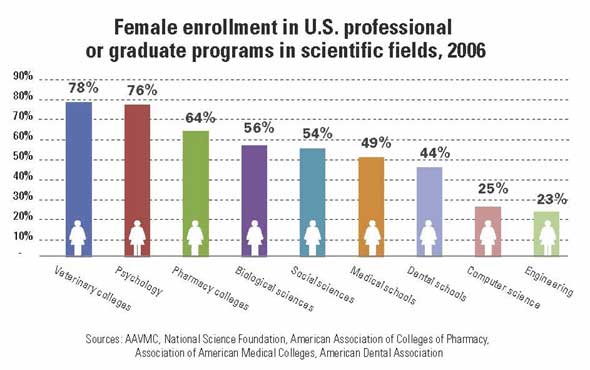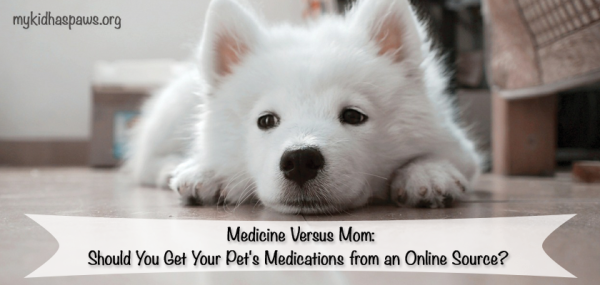
Everything is available online these days. In fact, according to Business Insider, 78% of the U.S. population, age 15 and above, bought something online in the first quarter of 2014. Although online shopping is clearly hear to stay, my question is, should you buy your pet’s medications from an online source?
In the veterinary field, this is a very popular topic. Many veterinarians have it out for online pet medication sources. Why? Well, many pet parents don’t realize that there are many non-credible sources out there, looking to get the cheap sale, and these medications could potentially threaten your pets health.
Let’s break this down a bit further.
The Food & Drug Administration, or the FDA, has a regulatory entity called the Center of Veterinary Medicine (CVM). According to their website, “CVM regulates drugs, devices, and food additives for over 100 million companion animals, plus millions of poultry, cattle, swine, and minor animal species. (Minor animal species include animals other than cattle, swine, chickens, turkeys, horses, dogs, and cats)”.
So to be clear, the veterinary pharmaceutical industry is regulated by an entity within the FDA. However, just like the human pharmaceutical black market, there are unregulated vendors pedaling their medications at pet parents on a regular basis.
The FDA has even made statements acknowledging that this is a problem, and advising pet parents on how to avoid these traps.
According to the FDA, it is dangerous and risky to purchase pet prescriptions online, especially those that use claims like, “Discount Pet Drugs” and “No Prescription Required”. The FDA has indeed caught companies selling unapproved and expired pet medications.
“Pet owners who purchase drugs from these companies may think they are saving money, says Hartogensis, but in reality, they may be short-changing their pet’s health and putting its life at risk.” – Martine Hartogensis, D.V.M., deputy director of the Office of Surveillance and Compliance in FDA’s Center for Veterinary Medicine
The CVM wants pet parents to know that there are several reputable and honest online pet pharmaceutical companies. As a matter of fact, I have been approached by a few online pharmaceutical companies, and my very first question is, “What is your process for ensuring your medications are delivered directly from the manufacturer, and are completely up to veterinary standards?”. There are a few that have passed my interrogation, and I will be sharing those with your in future posts. However, what us veterinary professionals fear, is that many pet parents don’t know to ask these types of questions, and therefore are duped by these terrible companies because they want to save a few dollars. I completely understand wanting, and needing, to save a few dollars, but I want to give you the tools to make sure that it isn’t at the risk of your pet’s life, or health.
Tips for protecting your pet while shopping online:
I highly recommend purchasing your pet’s medications from your veterinarian, or from a reputable pharmacy recommended by your veterinarian. However, if you are going to purchase your pet’s prescriptions online, here are some things that you should be aware of.
Red Flags
Foreign online pharmacies: Although you can make purchases online from other countries, it doesn’t mean that those medications are approved here in the U.S..
Not needing a prescription: According to the FDA, there are some pharmacies that allow pet parents to fill out a form, and a “veterinarian” on staff evaluates your pet’s health and then decides if they need the medication, or not. No medications should be prescribed without a proper veterinary exam, ever.
Purchasing NSAIDs (Non-Steroidal Anti-inflammatory Drugs) online: Although NSAIDs are often prescribed by veterinarians, no pet parent should self-precscribe their pet with the need for NSAIDs. Why? The use of these medications can cause significant health problems if your pet’s kidneys and liver are not in perfect condition. Therefore, bloodwork should be performed before starting your pet on these medications.
Purchasing Heartworm Preventative online: If your pet has heartworm, giving them heartworm preventative can do further damage to your pet’s health. Therefore, veterinarians recommend keeping your pet on year-round heartworm preventative and testing them yearly for heartworm to ensure that the preventative is indeed working. Although these medications can be purchased online, it should not be without annual veterinary exams and heartworm testing.
No licensed pharmacist to answer questions: Every pet parent should be able to ask questions if necessary. If a professional of the industry will not put their name behind a company, it is probably not very reputable.
No physical address, phone number or contact information: Not providing legitimate contact information is a huge red flag for any website, let alone a pharmaceutical company. What if something goes wrong with your pet’s health? How will you be able to hold the company accountable?
Prices are too good: If the prices are too good to be true, they probably are! Please be aware that medications do have a cost to the manufacturer and the company, so the price will need to be above that cost at least.
Tips
NABP: Make sure the site is licensed by the National Association of Boards of Pharmacy. Check specifically for Vet-VIPPS (Veterinary-Verified Internet Pharmacy Practice Sites) which are online sites that are legally selling veterinary prescription products.
Report any suspicious sites: All pet parents should look out for each other! If you notice any red flags associated with an online pharmacy, be sure to report it!
Always be in communication with your veterinarian: Nothing is more beneficial to your pet’s health than honest and open communication with your veterinarian.
In conclusion, I recommend purchasing your pet’s medications from your veterinarian or other established pharmacies. However, if you are going to purchase pet prescriptions online, please do so with caution, and significant research.
For Carol’s Mom perspective on this topic, please click here.
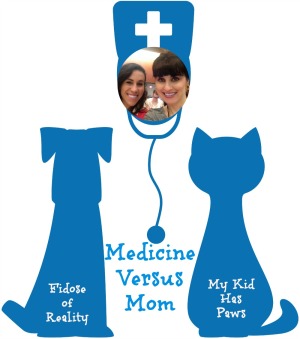
If you aren’t familiar with Carol Bryant, she is a good friend and fellow pet blogger. She is the founder and CEO of Fidose of Reality. If you haven’t checked out her blog, your really should! As a seasoned blogger and writer she brings her dedicated pet parent perspective to share will all “Dog Lovers of the Highest Order”. Her posts are always a must read for me, and for any other pet parent out there. As we progress through our Medicine versus Mom series, I hope to share with your even more reasons why Carol is awesome!
I want to thank IndyVet.com, the FDA, and the CVM for providing such excellent information.

